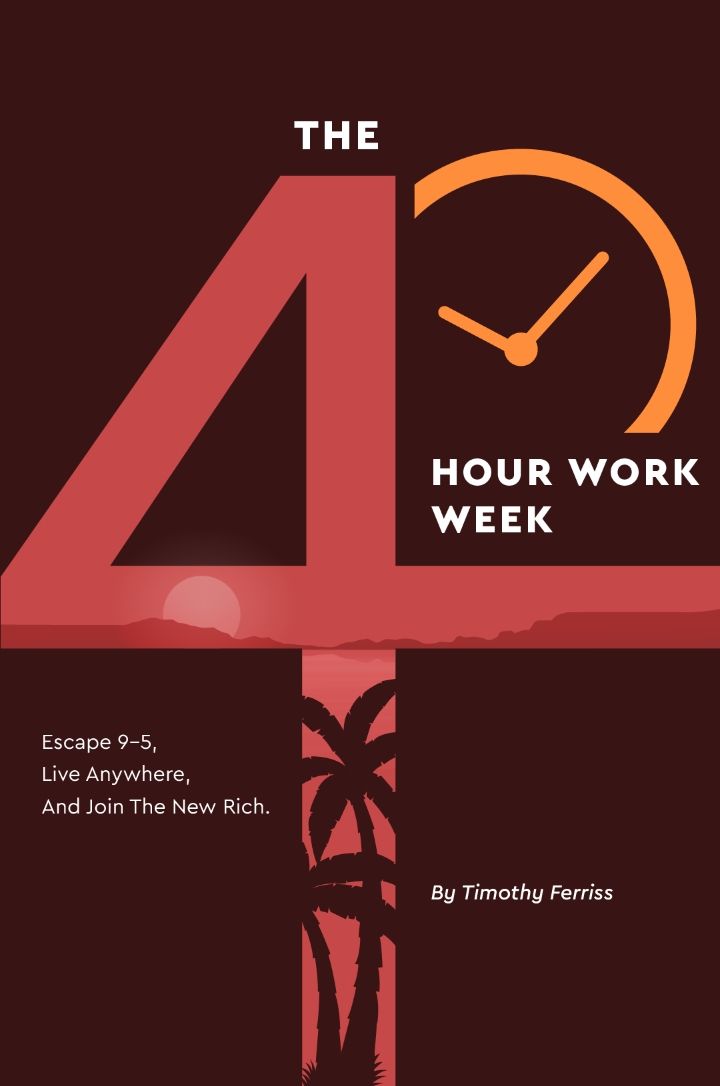Work has shaped humans and their evolution from "summary" of Work by James Suzman
Work, in all its varied forms, has played a fundamental role in shaping the course of human evolution over millennia. From the earliest hunter-gatherer societies to the complex global economies of the present day, work has been a defining feature of human existence. The ways in which humans engage with work - whether through hunting, farming, crafting, or trading - have had profound effects on the development of society, culture, and technology. The concept of work as a driver of human evolution is particularly evident in the transition from nomadic hunter-gatherer lifestyles to settled agricultural communities. The shift from a foraging-based economy to one based on agriculture marked a significant turning point in human history, leading to the development of complex social structures, the accumulation of wealth, and the rise of urban centers. The need to cultivate crops and domesticate animals required a fundamental reorganization of labor and resources, setting the stage for the emergence of specialized occupations and hierarchical societies. As societies became more complex and interconnected, the nature of work continued to evolve, giving rise to new forms of economic activity and technological innovation. The advent of industrialization in the 18th and 19th centuries transformed the way in which work was organized and performed, leading to the mechanization of labor and the rise of factory production. This shift towards mass production had far-reaching consequences, reshaping not only the economic landscape but also the social fabric of communities. In the modern era, the relationship between work and human evolution has become increasingly complex, as advances in technology and globalization have blurred the boundaries between traditional forms of work and emerging industries. The rise of the digital economy, for example, has enabled new modes of remote work and collaboration, challenging established notions of labor and productivity. As humans continue to adapt to these changes, the impact of work on their evolution will undoubtedly continue to shape the course of history.- The concept of work as a driving force in human evolution is a central theme in the study of anthropology and history. By examining the ways in which work has shaped the development of societies and cultures, we gain valuable insights into the dynamics of human behavior and the forces that have shaped our collective destiny. Work, in all its forms, remains a fundamental aspect of the human experience, shaping not only our physical environment but also our social structures and cultural practices.
Similar Posts
Trust is essential for societal progress
Trust is the foundation upon which progress is built. Without trust, societies cannot function efficiently. When individuals tr...

Eliminate timewasting activities
The concept of eliminating timewasting activities is crucial for anyone looking to maximize their productivity and efficiency. ...
Diversity and inclusion are important in the workplace
Diversity and inclusion in the workplace are crucial components of a successful and thriving organization. When individuals fro...

People need to be given control over their own data
The idea that people need to be given control over their own data is a fundamental one in the digital age. When individuals lac...
Human history is a product of geographical forces
Geographical factors have played a significant role in shaping human history. The environments in which different societies dev...
Energy transitions have profound implications for society
Energy transitions, such as the shift from foraging to farming and from farming to fossil fuels, have far-reaching consequences...

Capitalism has fueled global economic growth
In the grand sweep of history, no economic system has matched the power of capitalism in driving global economic growth. Capita...

